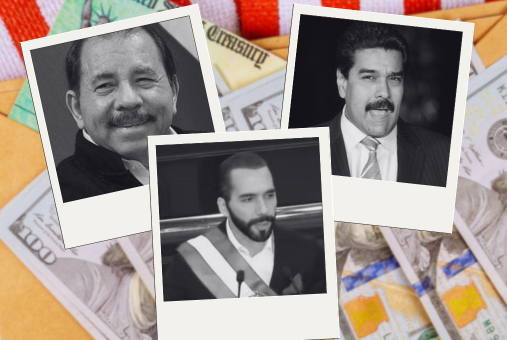
While authoritarian leaders in Latin America discredit media funded by US entities, journalists argue that these funds do not dictate their agendas, but rather support informative work in repressive contexts.
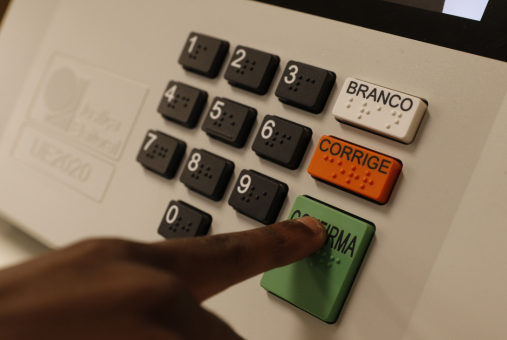
A recent survey found that 35% of Brazilians believe there was fraud in the 2022 elections. Journalists tell how they provide critical coverage of the electronic voting machine, the target of misinformation campaigns.

We talked to some of Brazil’s top journalists about the ban on X. Many are relieved, but one reports: “There's a gap in coverage that I don't know how to fill.”

Members of the organizing committee explain the main thematic axes of this bilingual event on how disinformation is spread and journalism efforts to combat it.
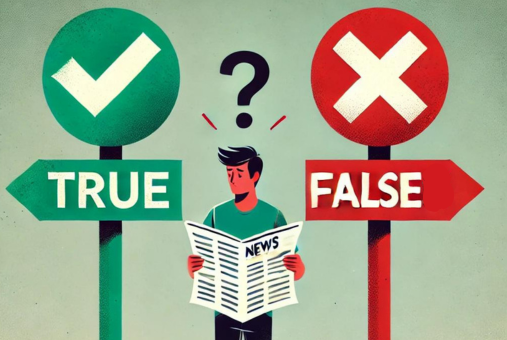
People from 21 countries played a game to identify whether information was true or false. Researchers say Colombians and Brazilians had the hardest time telling when it wasn't true.

Disinformation campaigns that target women and LGBTQIA+ people are a global problem that are becoming more frequent in Latin America.
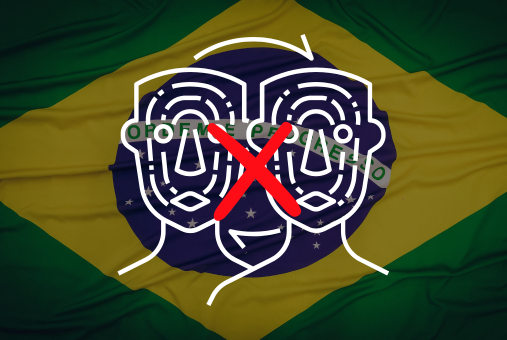
Deepfakes are the tool of the moment for spreading electoral disinformation. Regulation attempts to prevent candidates from using them, but content monitoring is limited. Therefore, collaboration between the public and journalists is essential to identify disinformation that targets candidates in Brazil's municipal elections.

Colombia’s El Tiempo and Puerto Rico’s El Nuevo Día recently got a nod from the Trust Project, an international consortium for accountability and transparency in newsrooms worldwide.

Factchequeado, a U.S. initiative from Chequeado and Maldita.es, is betting on projects that include an interactive course on WhatsApp and a bilingual guide for journalists, to try to shield Spanish-speaking communities in that country from misinformation ahead of presidential elections on Nov. 5.

In the midst of election season in Uruguay and ahead of voting for president this October, congressmen from the ruling party propose a bill that penalizes the creation and dissemination of misleading content. Civil society organizations warn that it is not the appropriate solution to disinformation.
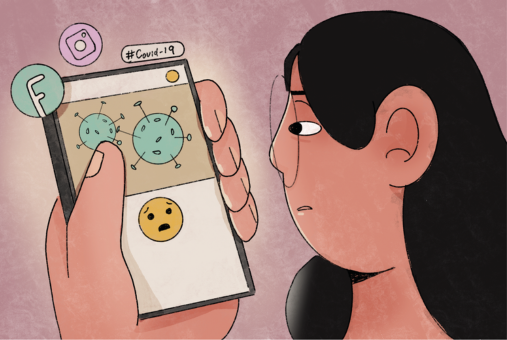
Across Bolivia, El Salvador and Peru, the spread of disinformation has disproportionately impacted marginalized communities amidst sociopolitical conflict in recent years. Local non-governmental organizations in these countries conducted information ecosystem research to understand its impacts.
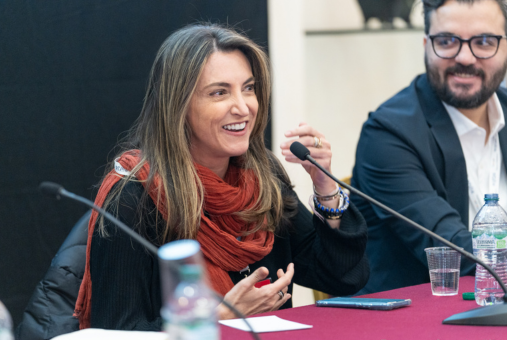
The importance of monitoring disinformation in political campaigns, the risks of using social networks to influence public discourse and the current role of fact checking were some topics that panelists from Argentina, Brazil and Mexico addressed at the International Journalism Festival 2024, in Perugia, Italy.